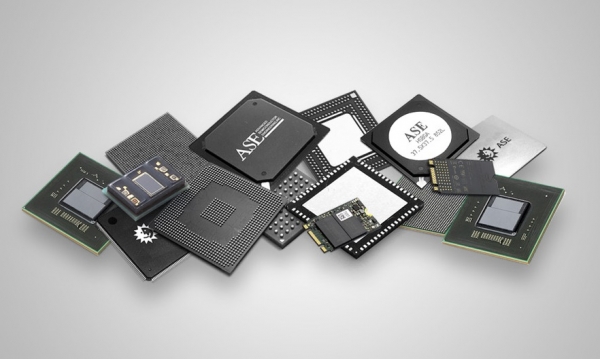
The three top outsourced semiconductor assembly and testing (OSAT) companies are expected to see their system-in-package (SiP) sales increased up to 20% this year, according to Yole Development.
These companies are ASE of Taiwan, Amkor Technology of the US and JCET of China.
Yole Development projects that they will see 10% to 20% growth in their SiP packaging businesses from high demand for advanced packaging this year,
The global SiP market was worth US$13.8 billion in 2020l this is expected to grow to US$19 billion by 2026, according to the analyst firm.
OSAT companies accounted for 60% of SiP sales last year. Integrated device makers (IDM) accounted for 25% of sales and foundries 14%.
More semiconductor companies and printed circuit board companies are taking part in semiconductor packaging instead of relying on OSAT companies.
TSMC, Samsung and Intel are all aggressively investing in packaging.
IDMs and foundries are especially focusing on fan-out packaging. Meanwhile, OSAT companies are focusing on SiP. SiP has lower margins than advanced packaging such as fan-out but demand for them is stable, which offer companies a stable source of revenue.
SiP packages devices with different functionalities into one package. This allows chip makers to not alter their previous designs for individual chips.
The method is used for RF, wireless devices, mobile, camera modules and micro electro mechanical systems. Majority of smartphones components are packaged using SiP.
According to Yole Development, mobile and consumer devices will account for the majority of SiP packaging. It will account for US$15.7 billion of the market in 2026.
In the same year, telecommunication will account for US$1.9 billion and automotive US$1.3 billion.
OSAT companies are increasing their spending in SiP. ASE recently announced that it will spend US$2 billion in wafer level package and SiP. Amkor and JCET are also expected to spend US$700 million and US$500 million, respectively, to expand their capacities.

